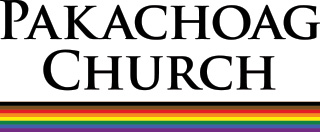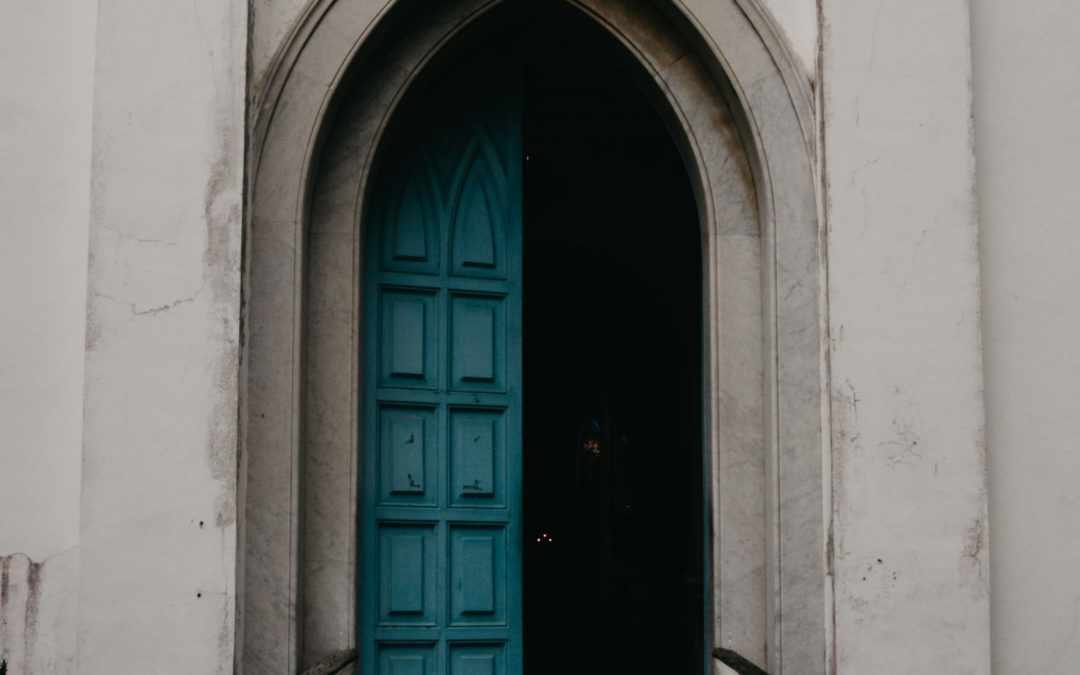Once again the matter of whether churches merit special treatment or exemption from public policy has become a subject of open discussion, and particularly so in reference to one church, Adams Square Baptist in Worcester, whose defiance of Covid-19 pandemic stay at home directives from the Commonwealth of Massachusetts have propelled it and its minister into a national spotlight. The subject has been intensified by President Trump’s advocacy of opening places of religious assembly under the notion that they provide essential services.
Frankly, from my point of view this has become something of a tiresome subject as the matter, while identified as a religious or theological issue, is in fact unabashedly political. The advocacy for religious exemption for all sorts of behavior has become a much too convenient mantra for advancing points of view that are partisan and not grounded in religious mandates or penetrating understandings of the notion of separation of church and state.
I listened to a radio interview with the minister of the Adams Square Baptist Church, Worcester, and while what I heard sounded rational and reasoned, he offered no compelling argument to set him or his congregation apart from public health practices to which every resident of the Commonwealth has been asked to adhere. He outlined precautions that his church had taken to sanitize their meeting space and other practices that they had adopted to protect their members, but in the end it was clear to my hearing that he simply felt that he knew better than those setting broad policies, and that he was therefore prepared to go it alone. The whole notion of religious exemption was something of an add-on or extension to legitimize his position.
This practice of layering a social or personal point of view with a religious veneer or infusing it with a religious essence is a convenient way of seeking to bend public policy to fit individual biases. Invoking the claim that something is grounded in a “deeply held religious belief” has become an all-too-ready way of asserting the right of exemption from adherence to public policy or practice.
A most glaring instance of this occurred a few years ago when a county clerk in Kentucky refused to issue marriage licenses to same sex couples subsequent to the Supreme Court decision extending the prerogative of marriage to those very couples. Her contention was that her religious beliefs dictated her decision, with the assumption that somehow her personal point of view overrode her public obligation as an officer of the state. With little variation this argument has surfaced repeatedly in other settings and my read is that what is offered as religious rectitude is frequently no more than an unwillingness to deal with personal discomfort, and religion is invoked as a wild card used to end discussion or the need for engagement or accommodation.
In the United States, most people who practice religion adopt a blended approach in which civil and religious principles are interpreted from a common perspective, with the notion that our national values and religious values draw from the same fount and reflect one unified matrix . Part of this draws from our history, with the notion that the United States was founded to be as a “city set on a hill,” a “light to the world,” both of which are biblical metaphors. The United States has been understood to be a vehicle of manifest destiny in which the highest, broadly religious, values of human expression are to be brought to fulfillment.
One of the most penetrating analyses of the development of this trend in American life was authored by Will Herberg in his book Protestant, Catholic, Jew: An Essay in American Religious Sociology published in 1955. The significance of his insights and that of other scholars about the interlacing of religion and nationalism in the United States offers perspective about how the current climate where the state is expected to acknowledge religious values has come to be. It is not a far shift from accommodation to the presumption that the state should endorse or support specific religious perspectives, and for that matter vice versa.
To be sure, the current thrust toward the provision of special status for religious beliefs at least subliminally gives weight to Christians, and most particularly those associated with what has come to be known as the “Christian Right,” largely because it is that point of view that has been most vocal and most insistent upon its prerogatives.
The notion of separation of church and state has become a catch phrase or shibboleth to protect a wide swath of behavior that is resistant to civil rights, social equality, and ironically, religious freedom for minorities such as Muslims. The corollary to freedom of religion in the American saga, however, is freedom from religion. As the practice of religion in our tradition is protected by the state, the imposition of one person’s or group’s practices on others is also protected. In this nation, we are free to believe, but not compelled to believe. The contemporary drive to institute religious exemptions for large numbers of individuals or groups predicated on their invocation of religious rights risks forcing others to adapt or curtail their behavior in ways that are restrictive to their perhaps countervailing positions, religious or otherwise.
In our culture most religious groups exist alongside or within the larger society, not apart from it. If each person, or each minister, or each congregation, were to claim the right to establish his, her, or its own set of practices apart from or irrespective of the welfare of the whole, then disorder or fragmentation would ensue. The banner of “it is my right,” or “it is my religious right” to make myself or my group an exception to behavior that benefits the whole, does not supersede the Christian principle of loving your neighbor as yourself, which is what we do when we adhere to public health guidelines that are drawn to protect all people equally.
Dennis


